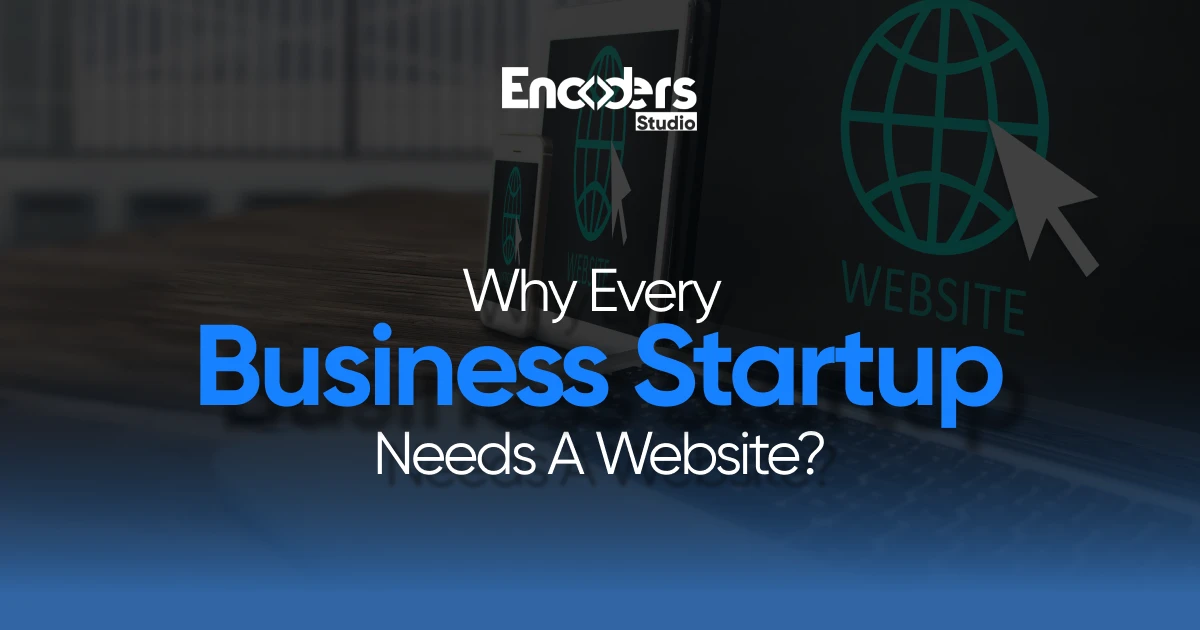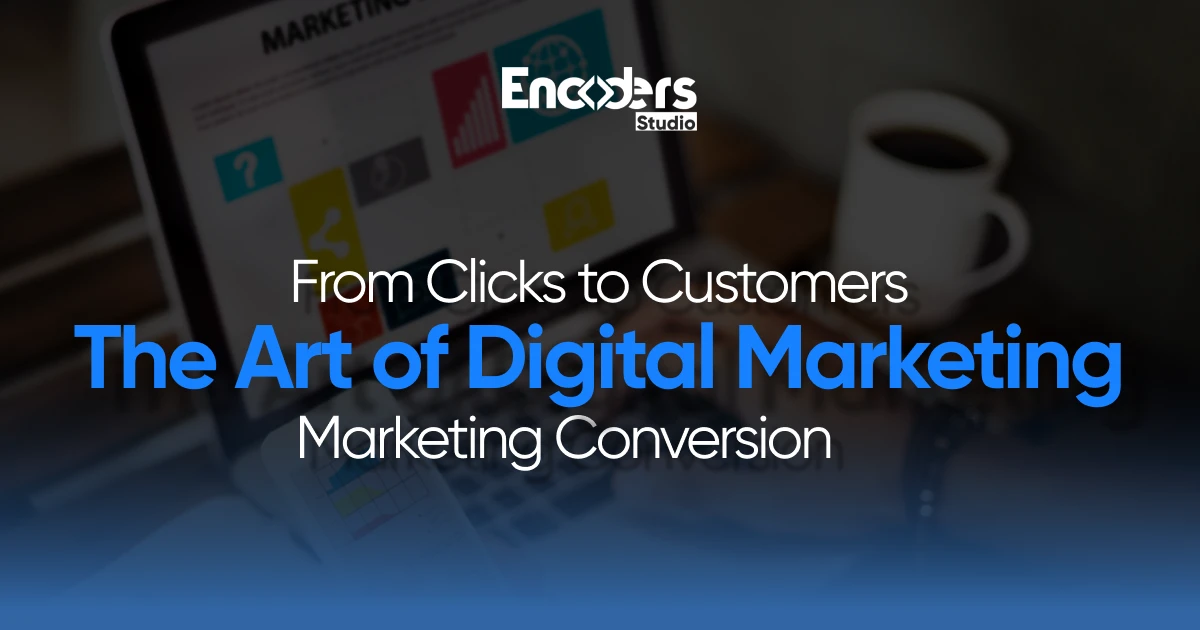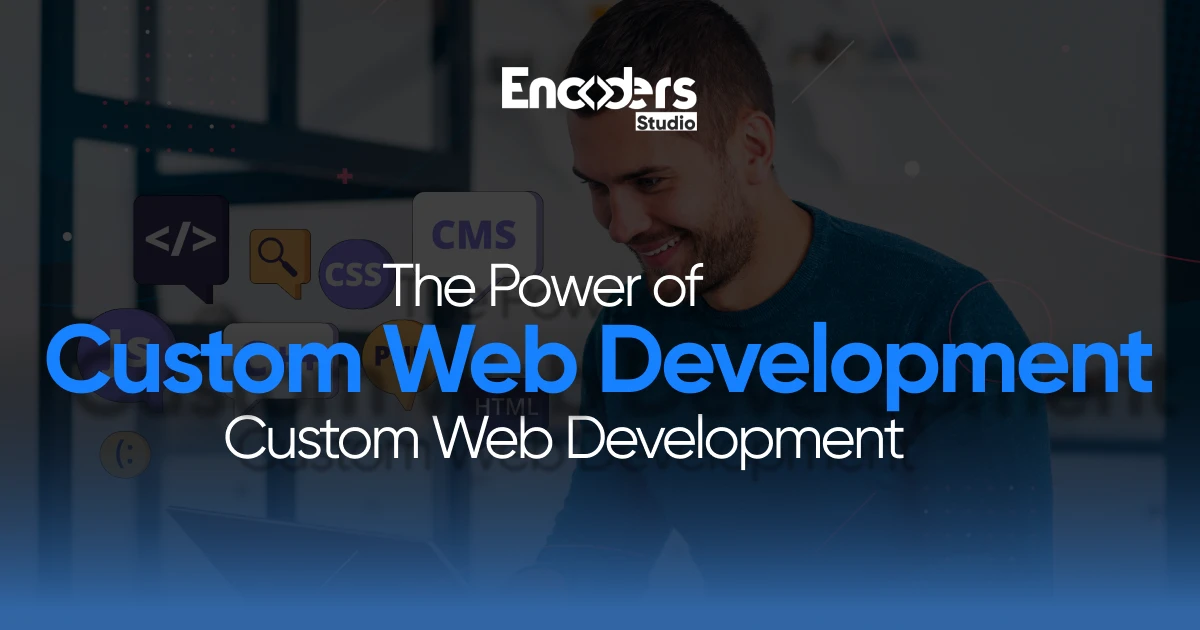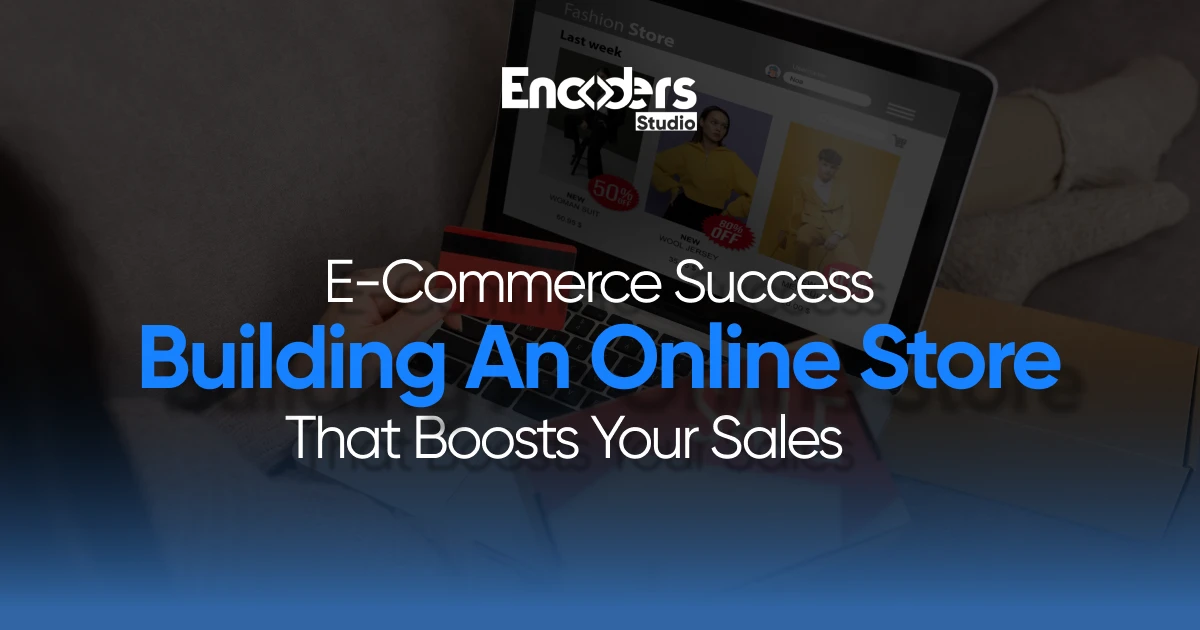[TL;DR]
Every startup needs a website to survive and thrive in today’s digital market. A website builds instant credibility, acts as your 24/7 salesperson, and costs far less than traditional marketing. It’s your digital storefront that helps customers find you through search engines, showcases your expertise, and generates leads around the clock.
Key benefits include:
- Credibility boost: 75% of users judge company credibility based on website design
- Always open: Your website works 24/7, even when you’re sleeping
- Cost-effective: Websites cost 62% less than traditional marketing while generating 3x more leads
- Growth foundation: Essential for SEO, content marketing, and scaling your business
Think your startup can survive without a website? Think again. Today’s customers expect to find you online before they trust you with their money. A website isn’t just a nice-to-have but is your digital headquarters where customers discover, research, and decide to buy from you. Without one, you’re invisible to 4.9 billion internet users worldwide. Your competitors already know this secret. Level up your startup game and claim your spot in the digital marketplace.
Your competitors are capturing customers while you stay invisible online. Don’t lose another sale to businesses with professional websites.
What Makes a Website Essential for Startup Success?
A website serves as your business’s digital foundation, providing 24/7 accessibility, credibility validation, and cost-effective marketing capabilities that traditional methods cannot match. It functions as your primary customer acquisition and retention tool in the digital marketplace.
Changing Consumer Behavior in the Digital Era
Consumer behavior has completely shifted in the digital age.
81% of shoppers research online before making a purchase, and 70% of consumers visit a company’s website before visiting the physical store. Modern customers won’t trust a business without an online presence.
🤔 Did you know? The average person spends 7 hours daily on digital devices. This means your customers are online right now, searching for solutions you provide.
Today’s buyers follow a predictable pattern:
- They search for solutions online
- Research different options and read reviews
- Compare prices and features
- Make purchasing decisions based on their findings
Without a website, you’re missing every single one of these potential customers at each crucial step.
The Website as Your Digital Storefront
Your website is your digital storefront that never closes. Unlike physical stores with limited hours, your website showcases your products and services 24/7. It’s often the first interaction customers have with your brand.
📝Pro Tip: First impressions happen within 50 milliseconds of landing on your website. That’s faster than blinking. A professional website immediately signals that you’re serious about your business.
Your digital storefront should communicate:
- What you do and how you solve problems
- Who you serve and your target market
- Why customers should choose you over competitors
- How to contact you or make a purchase
This is your chance to make a powerful first impression without spending thousands on physical retail space.
Building Credibility and Trust
First Impressions Matter
🔍 Research Shows: 94% of first impressions relate to website design, and users form opinions about your website in just 0.05 seconds (50 milliseconds). A professional, well-designed site instantly establishes credibility.
Trust is the foundation of every successful business relationship. When customers can’t find you online, they question your legitimacy. A website validates your business existence and shows you’re here to stay.
Poor website design can cost you customers before they even read your content. Clean, modern design with easy navigation tells customers you care about their experience and attention to detail.
Showcasing Expertise and Testimonials
Your website is the perfect platform to demonstrate your expertise and build social proof. Customer testimonials, case studies, and reviews create trust and encourage new customers to take action.
Studies reveal that websites with customer testimonials see 34% higher conversion rates. People trust peer recommendations more than advertising claims.
Effective social proof includes:
- Specific results and measurable outcomes
- Before-and-after stories with real customers
- Detailed case studies showing your process
- Video testimonials for added authenticity
- Industry certifications and awards
Understanding what is a commercial website helps you realize it’s more than just information – it’s a powerful sales and credibility tool. The more proof you provide, the easier it becomes for prospects to say yes to your services.
Enhancing Online Visibility and Reach
Search Engine Optimization (SEO)
Google processes approximately 8.5 billion searches daily. Missing SEO means missing billions of potential customers. 75% of users never scroll past the first page of search results.
SEO helps your startup appear when customers search for solutions you provide. Every page on your website is an opportunity to rank for relevant keywords and attract organic traffic.
Local SEO benefits include:
- Appearing in “near me” searches
- Google My Business integration
- Local directory listings
- Geographic targeting for your service area
This targeted visibility costs nothing but delivers high-quality leads who are actively searching for your services.
Stop watching potential customers choose competitors who rank higher on Google. Let Encoders Studio triple your website traffic with SEO strategies that work.
Content Marketing and Blogging
Content marketing generates three times more leads than traditional advertising and costs 62% less. Companies that blog regularly attract 55% more website visitors than those that don’t.
Blogging positions you as an industry expert and provides fresh content for search engines. Each blog post is another opportunity to rank for keywords and attract potential customers.
Quality content builds trust, educates your audience, and keeps visitors engaged longer. The more valuable information you provide, the more likely customers are to choose your services.
Driving Growth Through Marketing and Lead Generation
Lead Capture Strategies
Your website should be designed to capture leads and convert visitors into customers. Contact forms, newsletter signups, and free downloads help you collect contact information from interested prospects.
📑 Pro Tip: Offer something valuable in exchange for contact information. Free guides, templates, or consultations work better than generic “contact us” forms.
Effective lead magnets include:
- Industry-specific ebooks and guides
- Free templates or checklists
- Webinars and online training
- Free consultations or audits
- Exclusive discounts for subscribers
Making a website for a small business becomes much more effective when you focus on lead generation rather than just providing information. Once you have their contact information, you can nurture these leads through email marketing.
Integrating E-commerce and Sales Platforms
Modern websites can handle complete sales processes, from product browsing to payment processing. E-commerce functionality eliminates friction and makes buying convenient for customers.
Even service-based businesses benefit from:
- Online booking systems for appointments
- Quote request forms with instant responses
- Secure payment processing for deposits
- Client portals for project management
- Automated invoicing and billing
Retailers in e-business are also trying to meet the needs of consumers as best as possible by designing attractive and appropriate websites.
Integration with CRM systems helps you track leads, manage customer relationships, and measure marketing effectiveness. This data enables you to make better business decisions about your online business strategy.
Cost Efficiency and Competitive Advantage
Reducing Marketing Costs
Traditional marketing methods like print ads, radio spots, and billboards cost thousands, with limited targeting. A website provides superior marketing ROI by reaching exactly the right audience.
🎯 Proven Results: Digital marketing costs 40% less than traditional marketing while generating 2.8x more revenue. Your website is the foundation of all cost-effective digital marketing strategies. The benefits of online business become clear when you compare these cost savings to traditional methods.
Once built, your website works continuously without additional costs. Compare this to recurring expenses for print ads, radio spots, or direct mail campaigns.
Standing Out from Competitors
Approximately 27% of small businesses still don’t have a website, representing a massive opportunity for startups that invest in professional web presence.
While competitors rely on word-of-mouth and traditional marketing, your website gives you 24/7 visibility and professional credibility. You can capture customers your competitors miss simply by being online.
A well-designed website sets you apart from competitors who still rely on outdated marketing methods. Professional online presence signals innovation and customer focus.
Improving Customer Communication and Engagement
Using Contact Forms and Chatbots
Modern websites provide multiple ways for customers to reach you. Contact forms, live chat, and chatbots ensure no inquiry goes unanswered.
📑 Pro Tip: Respond to website inquiries within 5 minutes. Studies show that companies responding within 5 minutes are 100x more likely to connect with prospects.
Communication features to include:
- Contact forms with specific inquiry types
- Live chat for immediate assistance
- Chatbots for after-hours questions
- Click-to-call buttons for mobile users
- Social media integration for multi-channel support
A professional digital marketing agency can help implement these automated systems effectively. Chatbots can handle common questions 24/7, qualify leads, and schedule appointments automatically.
Providing Valuable Information and FAQs
Your website should answer common customer questions before they ask. Comprehensive FAQ sections, detailed service descriptions, and helpful resources build trust and reduce sales friction.
The more information you provide, the more qualified your leads become. Customers who find answers on your website are more likely to purchase your services. The benefits of having a service website include providing instant access to information, reducing customer service calls, and building trust through transparency.
Essential information to include:
- Detailed service descriptions and pricing
- Frequently asked questions with clear answers
- How-to guides and tutorials
- Industry insights and tips
- Contact information and business hours
Educational content demonstrates expertise and helps customers make informed decisions. When people trust your knowledge, they’re more likely to trust your services.
Your Website as a 24/7 Salesperson
Always Open for Business
Your website never sleeps, never takes breaks, and never calls in sick. It’s your hardest-working employee, generating leads and sales around the clock.
59% of global website traffic comes from mobile devices, and users expect websites to be accessible 24/7. Your website captures opportunities while you sleep, vacation, or focus on other tasks.
International customers can discover and purchase from you regardless of time zones. This global accessibility dramatically expands your potential market.
Generating Leads While You Sleep
Automated lead generation systems work continuously to grow your business. Contact forms, email subscriptions, and download offers capture prospects without your direct involvement.
Email marketing delivers an average ROI of $42 for every $1 spent, making it one of the most cost-effective marketing strategies available. Your website handles the heavy lifting while you focus on closing deals.
Automated systems include:
- Email marketing sequences for new subscribers
- Lead scoring and qualification systems
- Appointment booking without phone calls
- Payment processing for immediate sales
- Follow-up sequences for abandoned carts
Email marketing automation nurtures leads with valuable content, building relationships and trust over time. This systematic approach converts more prospects into customers.
Complementing Social Media with Your Website
Driving Traffic from Social Platforms
Social media platforms are excellent for engagement, but they should drive traffic to your website, where you control the experience. Your website is where conversions happen.
📑 Pro Tip: Use social media to share valuable content that links back to your website. This strategy builds followers and generates website traffic simultaneously.
Social media best practices:
- Share blog posts and valuable content
- Use compelling visuals with website links
- Run contests that require website visits
- Include website links in all social profiles
- Create platform-specific content that drives traffic
Social media algorithms change constantly, but your website remains stable. It’s your digital real estate that no platform can take away.
Maintaining Control Over Your Brand Experience
Social media platforms control how your content appears and who sees it. Your website gives you complete control over design, messaging, and user experience.
Brand consistency across all platforms builds recognition and trust. Your website serves as the central hub where all other marketing efforts converge. Digital marketing services in Pakistan often emphasize the importance of having a controlled brand environment.
Website advantages over social media:
- Complete control over design and messaging
- No algorithm changes affecting visibility
- Professional appearance without distractions
- Detailed analytics and conversion tracking
- SEO benefits for long-term visibility
Unlike social media posts that disappear from feeds, your website content remains discoverable through search engines for years.
Key Elements of an Effective Startup Website
Homepage and Navigation
Your homepage should communicate what you do, who you serve, and why visitors should choose you. Clean navigation helps users find information quickly.
📑 Pro Tip: Follow the 5-second rule. Visitors should understand your value proposition within 5 seconds of landing on your homepage.
The initial engagement of visitors with a website is mostly shaped by its visual aspects, emphasizing the importance of first impressions.
Essential homepage elements:
- Clear headline stating your value proposition
- Brief description of your services
- High-quality images or videos
- Customer testimonials or social proof
- Clear call-to-action buttons
Include your most important pages in the main navigation: About, Services, Contact, and Blog. Keep menu items to 7 or fewer to avoid overwhelming visitors.
About Us and Services Sections
Your About page builds trust by introducing your team, sharing your story, and explaining your mission. Customers buy from people they like and trust.
Service pages should focus on benefits, not just features. Explain how your services solve customer problems and improve their lives or businesses.
Include specific examples, case studies, and results whenever possible. Concrete proof is more persuasive than general claims.
Contact Information and Privacy Policy
Make it easy for customers to reach you. Include multiple contact methods: phone, email, physical address, and contact forms.
44% of website visitors will leave if there’s no contact information. Missing contact details signals unprofessionalism and reduces trust.
Contact page essentials:
- Multiple ways to get in touch
- Business hours and response times
- Physical address for local credibility
- Contact forms for specific inquiries
- Maps for easy location finding
Privacy policies are legal requirements as well as build trust by showing you respect customer data and operate transparently.
Using Data and Analytics to Drive Business Decisions
Tracking Visitor Behavior
Website analytics reveal how customers interact with your site. Track page views, bounce rates, and conversion paths to optimize user experience.
Companies using analytics are 5x more likely to make faster decisions and 6x more likely to be profitable year-over-year.
Heat maps show where visitors click, scroll, and spend time. This data helps you improve layout, content placement, and conversion optimization.
Refining Marketing Strategies
Analytics data guides marketing decisions by showing which channels drive the most qualified traffic and conversions. A/B testing different headlines, images, and calls-to-action improves conversion rates over time. Small improvements compound into significant results.
A comprehensive study revealed that B2B companies with stronger corporate brand expression on their websites tend to present higher financial performance.
Scalability and Supporting Business Growth
Adding New Features and Pages
Your website grows with your business. Add new services, products, or features without starting from scratch. This scalability supports long-term growth.
Plan for growth from the beginning. Choose flexible platforms and designs that accommodate expansion without major redesigns. Custom web development services ensure your website can adapt and scale as your business evolves.
E-commerce functionality, booking systems, and customer portals can be added as your business evolves. Your website adapts to changing needs.
Expanding Market Reach
Online presence removes geographical limitations. Serve customers globally without opening physical locations in every market.
SEO and content marketing help you reach new audiences and expand into related service areas. Your website becomes a growth engine.
Digital marketing campaigns can target specific demographics, interests, and locations. This precision targeting maximizes marketing ROI.
Attracting Investors and Talent Through Your Website
Showcasing Business Potential
Investors research companies online before meetings. A professional website demonstrates market understanding, customer focus, and growth potential.
Include metrics, testimonials, and case studies that prove business viability. Numbers speak louder than promises to potential investors.
Investor-focused content:
- Clear business model explanation
- Market opportunity and competitive advantages
- Financial projections and growth metrics
- Customer success stories and testimonials
- Team credentials and experience
Your website is often the first impression for potential partners, investors, and key employees. Make it count.
Building a Professional Image
Top talent researches companies before applying. A strong website attracts quality employees who want to work for professional organizations.
86% of job seekers research company websites before applying. Your website influences hiring quality and employee retention.
Working with a reputable web development company ensures your site projects the right professional image to potential talent and investors.
Professional elements include:
- Modern design that reflects company culture
- Clear company values and mission statements
- Employee testimonials and company benefits
- Career opportunities and application processes
- Company news and achievement highlights
A professional web presence signals stability and growth potential. This attracts better employees, partners, and business opportunities.
Bottom Line
A website isn’t an expense. It’s an investment in your startup’s future. It builds credibility, generates leads, and provides the foundation for all digital marketing efforts. In today’s competitive market, businesses without websites are practically invisible.
The startups that succeed understand that a professional web presence isn’t optional anymore. It’s the difference between struggling for visibility and dominating your market. Your website works 24/7 to grow your business while you focus on what you do best.
Encoders Studio specializes in creating stunning, conversion-focused websites that help startups thrive in the digital marketplace. Our team understands the unique challenges startups face and builds websites that grow with your business. From SEO optimization to lead generation systems, we deliver everything your startup needs to succeed online.
Join 500+ startups who tripled their revenue with conversion-optimized websites. Stop losing $10,000+ monthly to competitors with better online presence.
FAQs
Why does every startup need a website?
Every startup needs a website to build credibility, increase visibility, and serve as a central platform for marketing, customer engagement, and sales that operates 24/7.
Can a startup succeed without a website?
While some startups may initially operate without a website, lacking one limits credibility, reduces customer trust, and restricts growth opportunities in today’s digital-first market.
How does a website help a startup attract customers?
A website helps attract customers by improving online visibility through SEO, showcasing products or services professionally, and providing a reliable source of information that converts visitors into buyers.
How does having a website build trust with potential customers?
A professionally designed website creates a strong first impression, demonstrates legitimacy, and allows startups to display testimonials and case studies, which collectively build customer trust and confidence.
Is social media enough for a startup’s online presence without a website?
No, social media complements but does not replace a website; unlike social platforms, a website is fully controlled by the startup and provides a stable, distraction-free environment for engaging customers and driving conversions.




